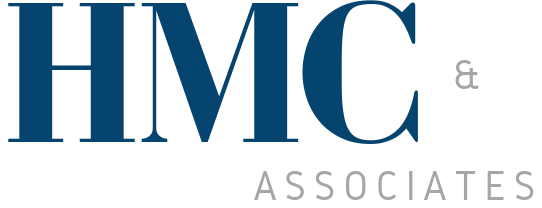The United States Patent and Trademark Office (USPTO), part of the United States Commerce Department, has published a Federal Register titled Changes to Implement Micro Entity Status for Paying Patent Fees. The goal of this register is to put into effect the micro entity provision that’s part of the Leahy-Smith America Invents Act (AIA).
According to the AIA, an applicant who’s considered a micro entity can qualify to pay patent fees that have been reduced by up to 75%. This discount applies to the patent fees for filing, searching, examining, issuing, appealing and maintaing a patent. The reduced fee makes it possible for small innovators to claim a patent and bring their ideas into the market. In turn, this can help the growth of the United States’ economy. This change will be put into effect by the beginning of 2013.
The AIA says that the Patent Office can set or change any patent fees as long as the revenue from the patent fees covers the cost for processing, activities, services, administrative cost and related materials. Currently, there’s a section of the AIA that allows for small entities to have their fees reduced by up to 50%.
In order to allow micro entities a reduced rate, the AIA had to define what a micro entity is:
- 1. Qualifies as a small entity
-
2. Has not been an inventor on more than 4 non-provisional patent applications that were previous filed in the U.S.
-
3. Gross income doesn’t exceed 3x the median household income (previous calendar year)
-
4. Gross income of other ownership in the application does not exceed the median household income by 3x
Currently, the Patent Office is developing a way for an applicant to claim status as a micro entity and pay related fees. There’s also a system in effect for an individual to claim that they’ve lost their micro entity status and to pay adjusted fees. If an applicant files for micro entity status, all persons on the application must meet micro entity requirements.
Applicants will be able to file a micro entity form either by paper or electronically. If the application is approved, no additional documentation will be required. While the application for micro entity status needs to only be filed once, the reduced fee will only be granted if the innovator still has micro entity status when they go to pay.
If an individual files for micro entity status and pays reduced fees when they knowingly are not a micro entity, they will be considered to have committed fraud. If an individual mistakenly files for micro entity status, though, it will be considered an error. As long as a new submission is made and all fees are adjusted and paid, there will be no further problems.
New provisions to the AIA will be determined by July 2012 and will be implemented by September 2012. The most monumental change to the AIA is changing from a first-to-invent system to a first-to-file system. This change will be implemented in March 2013.

